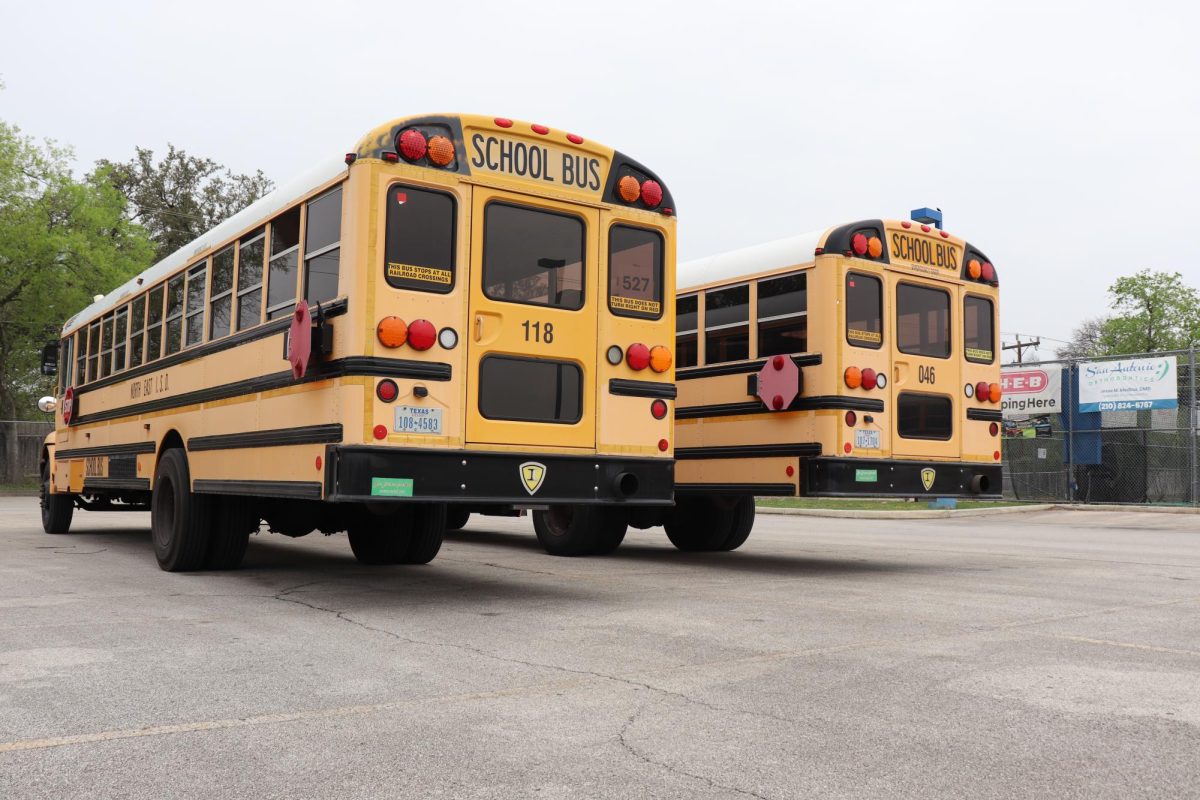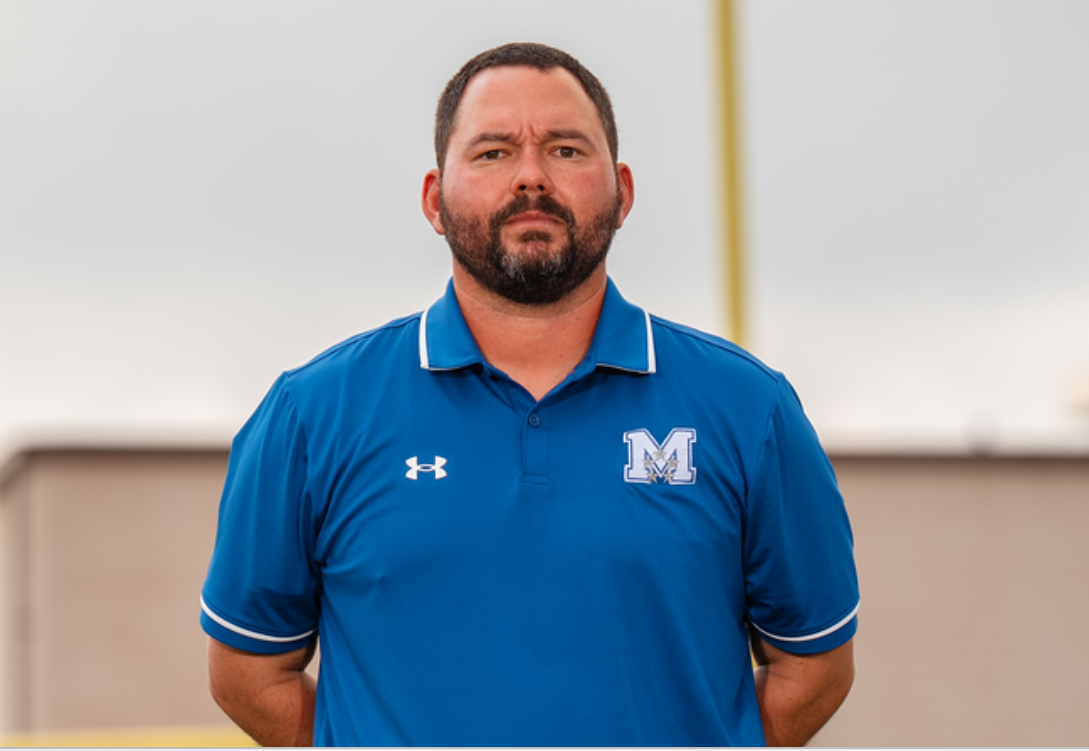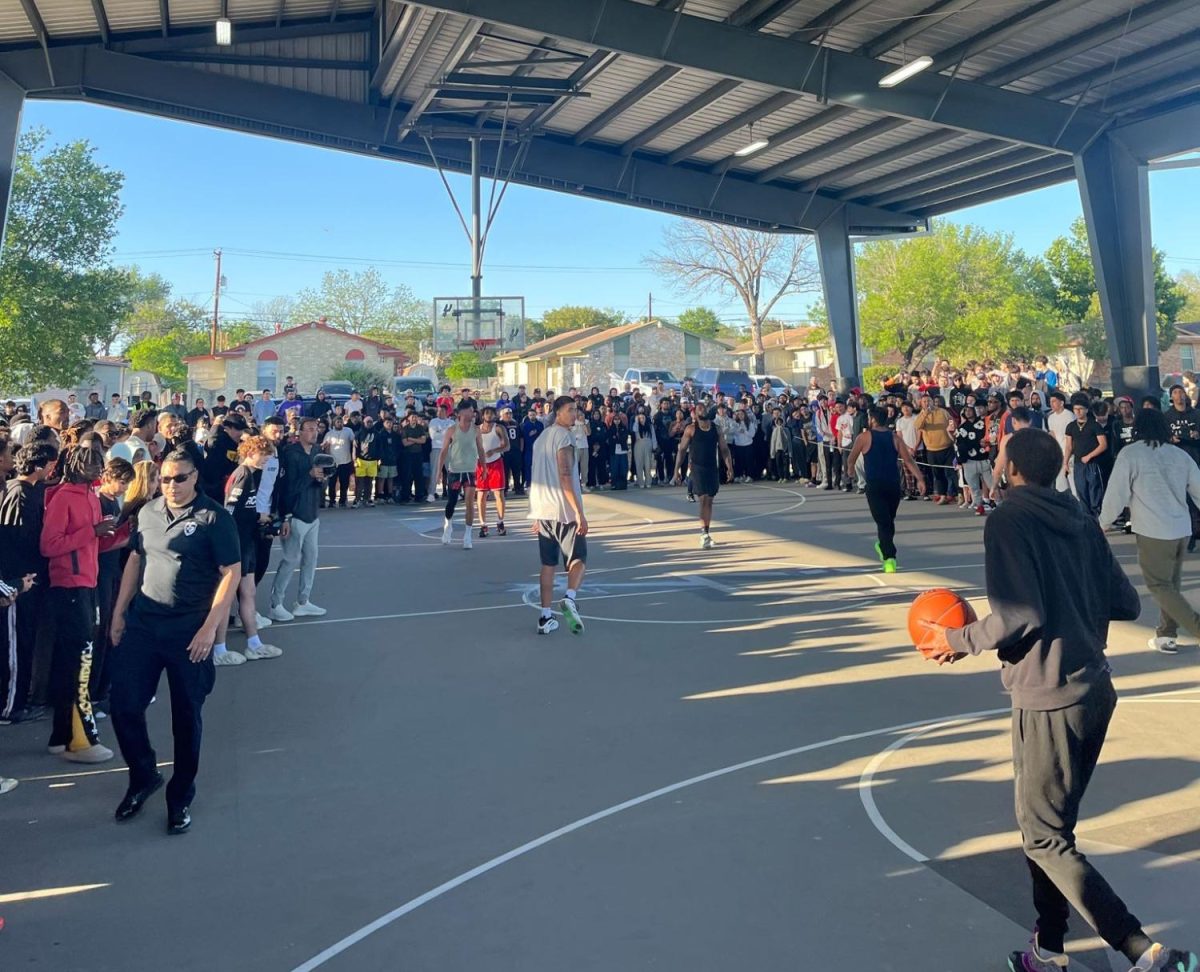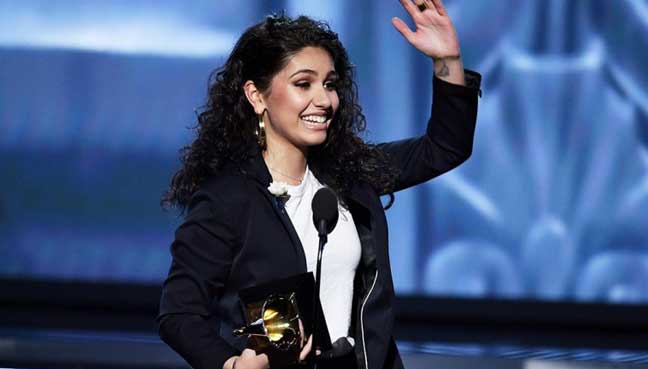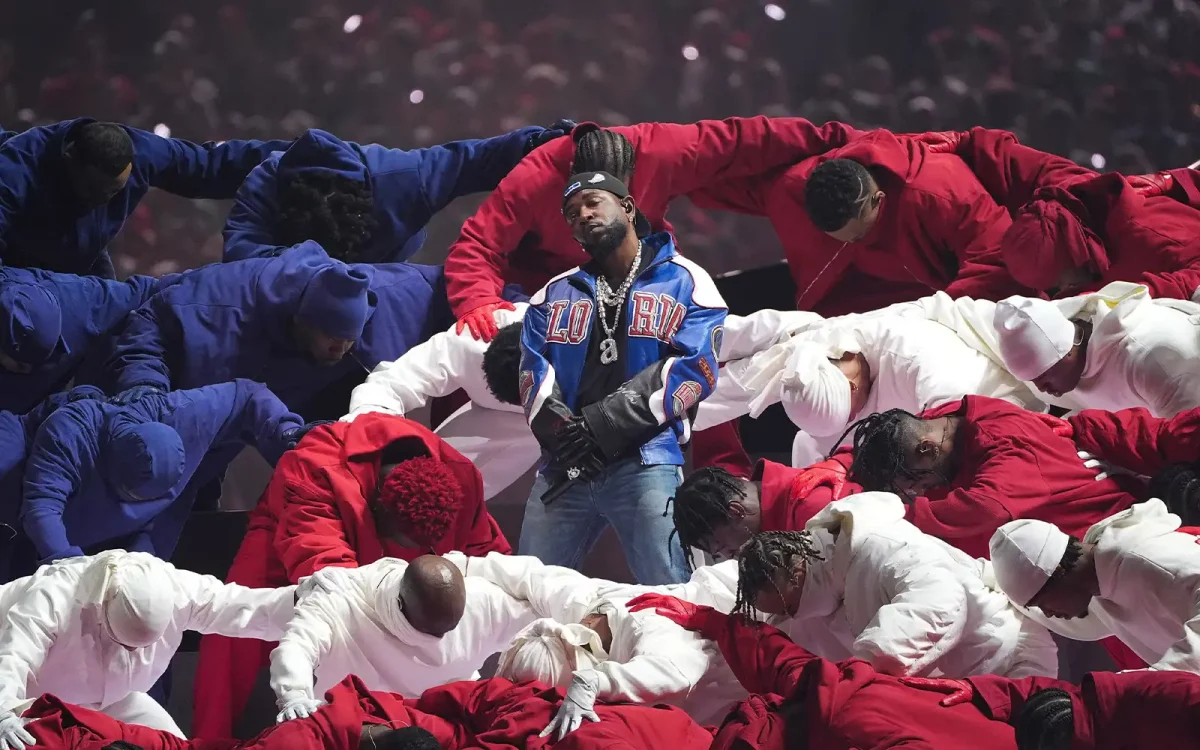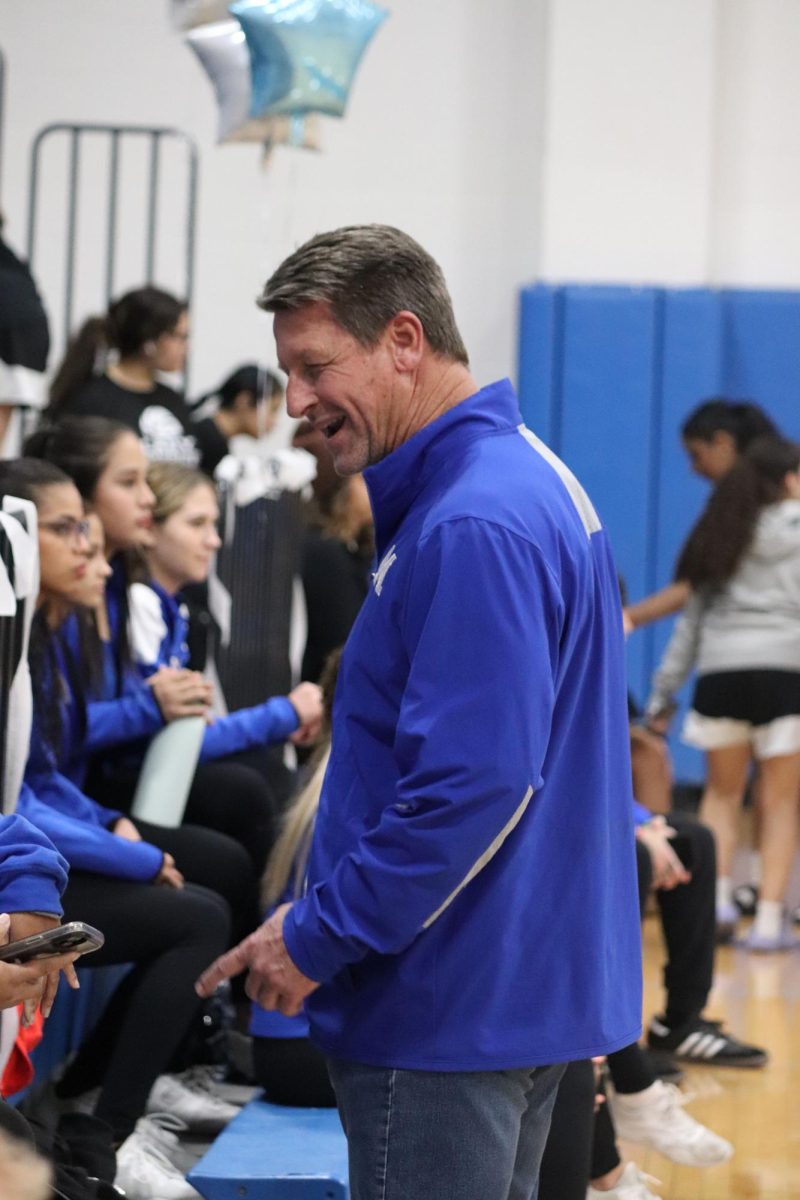The crowd cheers while two individuals step onto the center of the court. The two people look all around in awe and feel a rush of adrenaline. They each can not believe they’re here but soon realize something: if they make one mistake it could affect the whole outcome of this event.
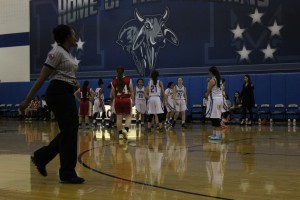
Photo By: Abbie Ramirez
From an outside perspective, many people assume referees only need to be able to run and know about a specific sport but there is more than what meets the eye.
“The qualities that I feel are essential to being a good official are honesty, maintaining physical fitness, effective communication, confidence, decisiveness, and good judgement,” basketball referee, Rhonda Barner, said.
Not only do referees come to sporting events to call unsportsmanlike conduct, but also to see the players flourish.
“I enjoy seeing athletes grow in their skill of playing the game from one year to the next,” Ms. Barner said. “I also enjoy seeing the teams display team work and seeing the players’ growing passion for the game.”
Multiple people believe referees tend to favor a certain team when reffing a game.
“I don’t think officials are bias during the games,” Ms. Barner said. “Officials are to have integrity, despite who is playing. We are trained to officiate the game, call what we see, and be fair.”
Throughout sports, athletes are likely to receive injuries. They can range from minor to major and refs are always encountering them.
“My worst encounter during a game was seeing a child hustle to get the ball and then ran into the wall,” Ms. Barner said. “The athlete suffered a concussion and had a huge bump on his head. That shook me up a lot.”
There are many factors that contribute to why a referee chooses a certain call to make.
“I think as a parent, student or spectator they should try to understand that the calls look different from sitting in the stands versus standing on the floor,” Ms. Barner said. “Most spectators usually only watch the action of the player with ball. With that being said try not heckle us to much.”
